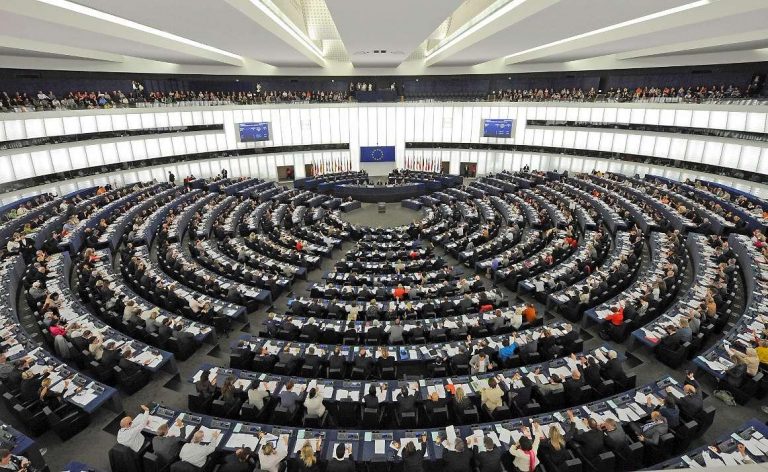Dear journalists,
After months of discussions, the European Parliament’s Bureau will vote on a reform of the rules for the General Expenditure Allowance (GEA), the 4.416 EUR per month each of the 751 MEPs receive for office supplies, IT and similar cost. So far, keeping receipts is only a recommendation and controls are forbidden as long as there are not strong indications for a misuse. An international consortium of journalists had taken the European Parliament to court in order to increase transparency of GEA spending.
The European Parliament Bureau had set up a Working Group on the General Expenditure Allowance led by Vice-President Rainer Wieland (CDU/EPP). In its last meeting, on 19 June 2018, this working group adopted the reform proposal by my Green colleague Heidi Hautala. Core elements of this reform are
(1) MEPs need to have a separate bank account exclusively for the GEA funds;
(2) MEPs have to employ a professional paying agent to review their spending of the GEA;
(3) the publication of this confirmation issued by the paying agent;
(4) Parliament’s administration is to check the spending in case of no certificate or an insufficient check [currently discussed alternative is – instead of a check by Parliament administration – to sanction MEPs who fail to produce the confirmation by denying them any office such as rapporteur, shadow, committee chair, membership in delegations];
(5) effectively, this is an obligation to keep receipts about the spending as otherwise an accountant would not be able to certify spending according to the rules;
(6) MEPs shall pay back any unused GEA amounts to Parliament at the end of the mandate.
Earlier proposals included the obligation to publish receipts on the spending of the GEA, at least on request and mandatory random checks by Parliament’s administration. The adopted compromise does not include this obligation and controls anymore. Despite this, while the compromise had a majority in the Working Group, such majority is not clear in the overall Bureau. The enclosed list of the likely voting behaviour is indicative for the final vote on Monday 2 July. Those Vice-Presidents who did not position themselves so far will most likely be decisive whether the reform will be adopted or not.
IN FAVOUR of more transparency
(1) David-Maria SASSOLI, S&D Italy Partito Democratico
(2) Sylvie GUILLAUME, S&D France Parti socialiste
(3) Pavel TELIČKA, ALDE Czech Republic Independent
(4) Dimitrios PAPADIMOULIS, GUE Greece Coalition of the Radical Left
(5) Heidi HAUTALA, Green Finland Vihreä liitto
(6) Fabio Massimo CASTALDO, EFDD Italy Movimento 5 Stelle
AGAINST more transparency
(1) Antonio TAJANI, EPP Italy Forza Italia
(2) Mairead McGUINNESS, EPP Ireland Fine Gael
(3) Rainer WIELAND, EPP Germany CDU
(4) Zdzisław KRASNODĘBSKI, ECR Poland Bezpartyjny
(5) Ramón Luis VALCÁRCEL SISO, EPP Spain Partido Popular
(6) Lívia JÁRÓKA, EPP Hungary Fidesz
UNCLEAR on more transparency
(1) Bogusław LIBERADZKI, S&D Poland Sojusz Lewicy Demokratycznej
(2) Evelyne GEBHARDT, S&D Germany SPD
(3) Ioan Mircea PAŞCU, S&D Romania Partidul Social Democrat
The five Questors take part in debates yet do not vote in the Bureau. Of the five, two took part in debates and took a stance in favour of the reform: Elisabeth MORIN-CHARTIER (EPP, French) and Vladimír MAŇKA (S&D, Slovakian).
Doubts when it comes to integrity are a threat to the respect in the European institutions. To be a credible driver for change, the European Parliament has to bring its own house in order first by applying obligatory requirements of transparency and accountability of the use of the General Expenditure Allowance on all Members of the European Parliament. Sound financial management is key to fight corruption and should apply in exemplary way to ourselves as MEPs.
With kind regards
Sven Giegold

